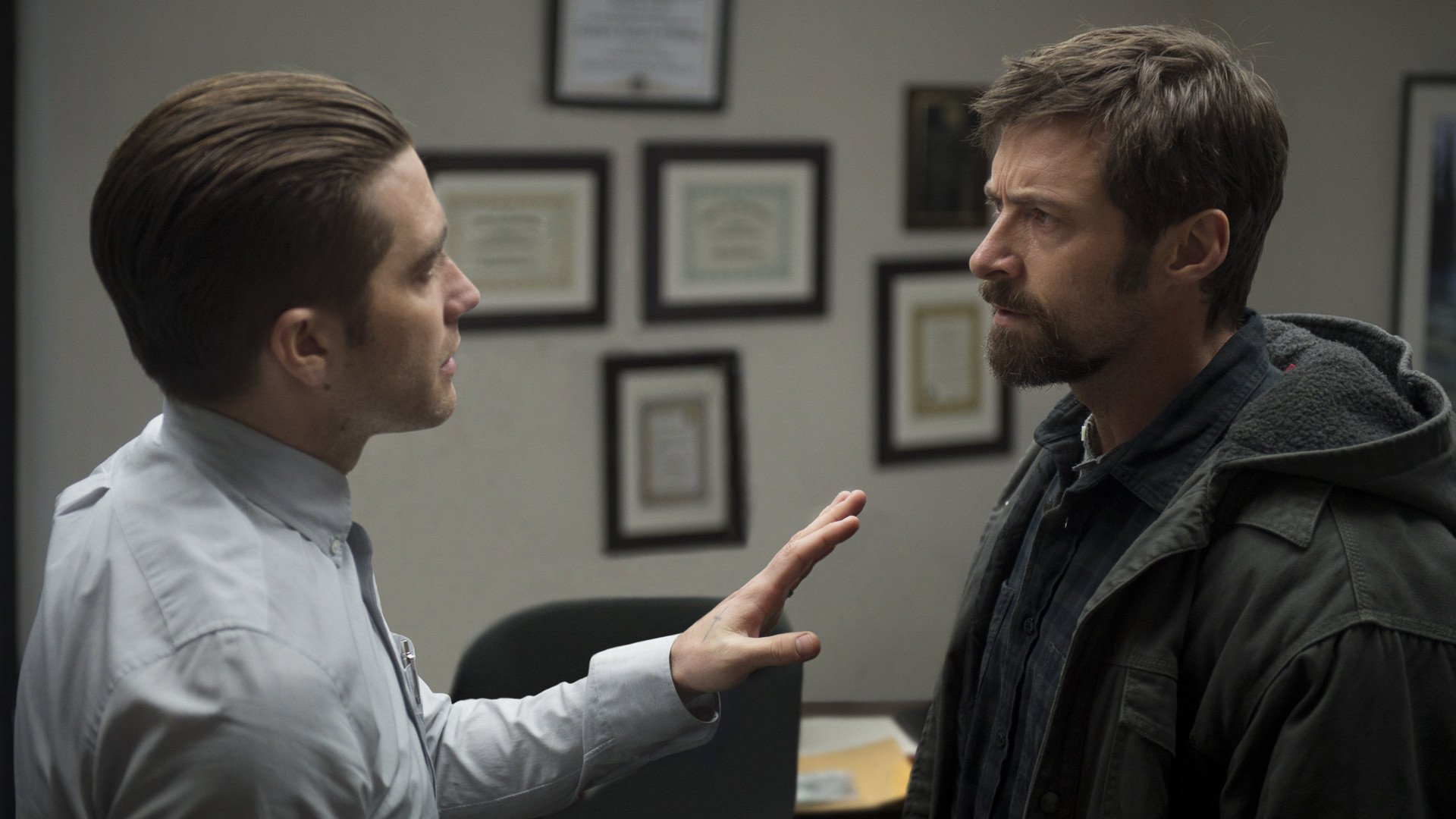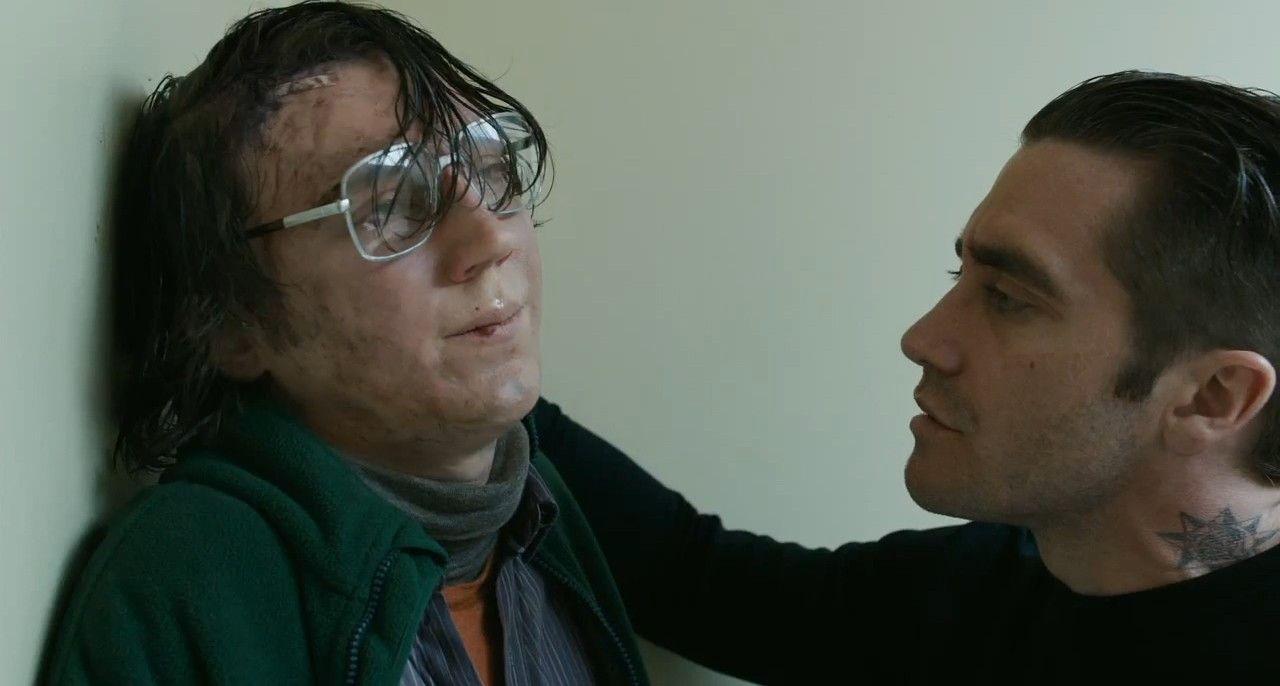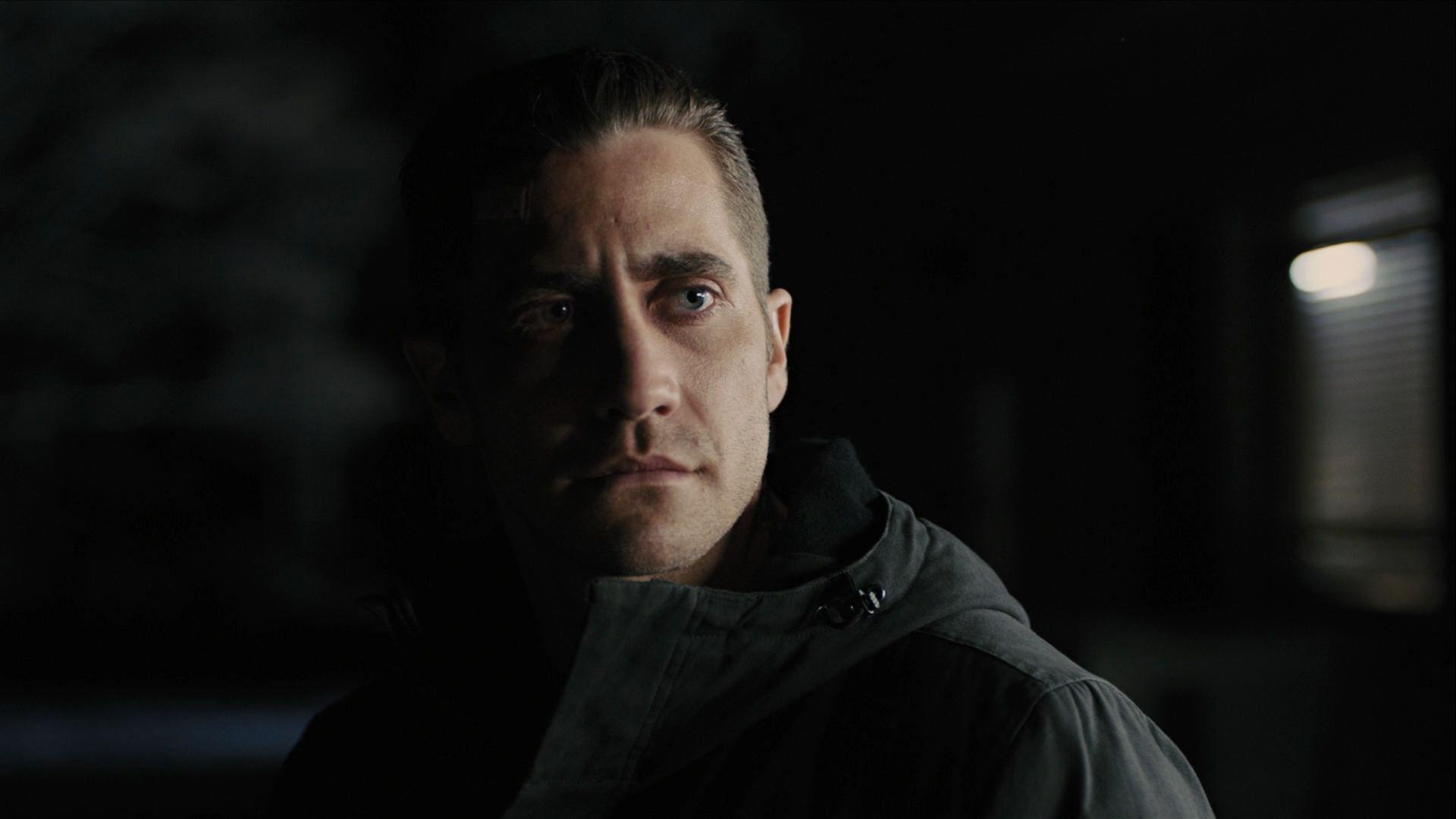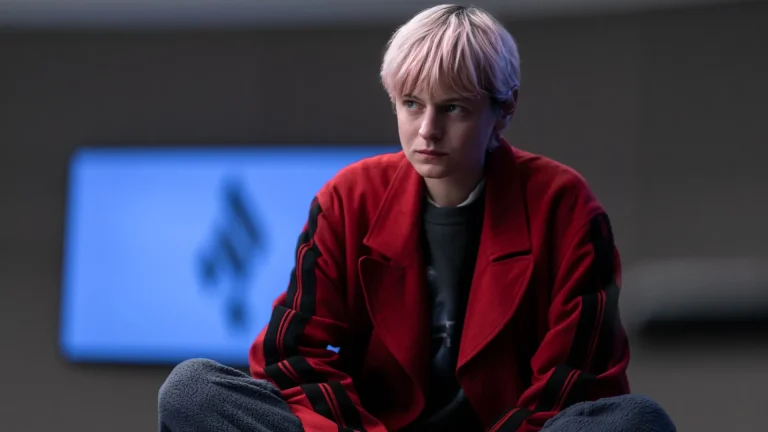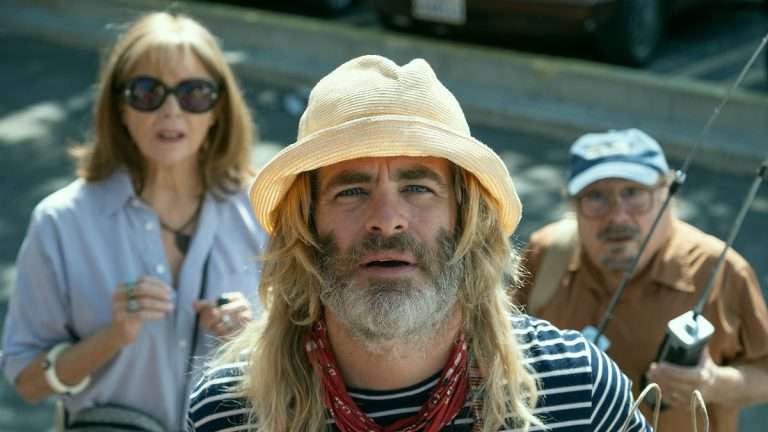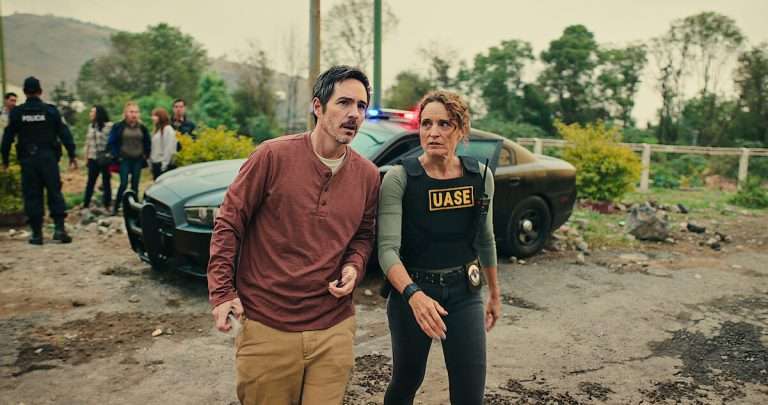Decoding the Symbolic Ending of Prisoners: The art of evoking suspense, while keeping viewers at the edge-of-their-seats, is an intricate one. In order to craft a compelling crime-thriller in an era saturated with the genre’s cyclical clichés, one needs to master narrative pace and visual storytelling, along with soundscapes that heighten cinematic catharsis.
No one does this better than Denis Villeneuve, the visionary Quebecois director who emerged into the limelight with his critically-acclaimed, monochrome drama, Polytechnique (2009) and revelatory war-thriller, Incendies (2010). However, it was his 2013 English-language debut, Prisoners, that revealed Villeneuve as a master of suspense – it is a plot laden with moral perplexities, religious symbolism, and complex characters, who are trapped in their inner worlds that are alarmingly Kafkaesque.
Today, we will unravel the rich symbolic fabric that runs throughout Prisoners. Needless to say, MASSIVE SPOILERS AHEAD.
Plot Overview – Prisoners
Set in the suburbs of Pennsylvania, featuring quaint, almost-empty streets and alleyways lined with birch trees, the film zeroes in on two families, whose lives are (at least, initially) characterized by a sort of pre-world insulation against the perils of the world-at-large. The opening shot features Kelly Dover (Hugh Jackman), on a deer-hunting trip with his teenage son, Ralph (Dylan Minette), setting the tone of Prisoners right from the first frame – life is a hunt, in which, you’re either the predator or the prey.
We witness Dover (a carpenter by profession), stock his basement with emergency provisions that could potentially outlast an apocalypse. A survivalist and devout upholder of religious faith, Dover’s ever-preparedness for the worst is rooted in his desire to protect his family – his wife, Grace (Maria Bello), Ralph, and 6-year old Anna (Erin Gerasimovich) – from potential harm. However, things take a murkier turn when Anna, along with 7-year old Jenny, daughter of family friends Nancy (Viola Davis) and Franklin Birch (Terrence Howard), vanish after a trip across the street in search of Anna’s red whistle – a symbolic Chekov’s Gun that returns to haunt Dover in the film’s final moments.
Enter Detective Loki (Jake Gyllenhaal), introduced in an early, noir-addled shot, having dinner alone at a Chinese diner, while heavy rain assaults the window panes. The aura of bleak ennui is heightened when Loki detains a possible suspect for the kidnapping case, Alex (Paul Dano), a socially-inept, mentally challenged man, and the owner of the RV, outside which, the girls were last seen. Then on, the plot unravels in ways that are visceral, with the stakes being too high – Dover and Loki follow divergent paths in the pursuit of the missing girls. While Loki’s relentless determination hinges upon following the trail of tangible evidence, Dover acts purely out of fatherly instinct, with a sense of conviction and retribution that feels justified and morally-conflicting at the same time.
Navigating the Labyrinth of Symbols
In order to understand the ending better, it is crucial to analyse the symbolic underpinnings of the narrative, and the events that lead up to the climactic denouement. Aaron Guzikowski’s script for Prisoners is loosely-based on Edgar Allan Poe’s seminal short story, The Tell-Tale Heart (1843), which explores themes of guilt, sin, repentance, and paranoia, albeit within the context of Gothic horror.
The heart of Prisoners’ symbolic labyrinth is a semantic/metaphorical maze, featured as a critical plot point, especially in the act of violence against children. The Maze is a prison of the mind, rife with false starts, red herrings, and dead ends. It is a symbol of enslavement and oppression, as highlighted in the case of troubled and somewhat-unhinged Bob Taylor (David Dastmalchian), another potential suspect and victim of child abuse, who shoots himself mid-interrogation. The maze is literally unsolvable, as it is merely an instrument for torture and subjugation, used by Alex’s aunt, Holly (Melissa Leo), who is revealed to be the psychopathic child-abductor all long.
Faith, or lack thereof, is a propeller for character motivations in Prisoners. Dover, armed with his faith in God and the mercurial wrath of a distressed parent, chooses violence, brutally torturing Alex in the process, with catastrophic consequences. On the other hand, Loki’s faith lies in his level-headed sleuthing, backed by a proven track record of excellence. Behind Loki’s stoic demeanour, is an anguished man, brimming with emotions of trauma and shame of his own. Both men are crippled by their ineptitude in carrying out their versions of justice, being prisoners of their own faith. While Dover plays judge, jury, and executioner, mired in guilt, spiritual turmoil, and dwindling faith, Loki, with his Freemason ring, occult-tinged tattoos, and obsessive persistence, reaches the heart of the maze and slays the Minotaur.
The Ending – Does Loki Manage to Rescue Dover?
During the climactic final moments of the film, Dover is drugged, wounded, and imprisoned in an underground pit by Holly, which is hidden by a car in her driveway. While the audience is treated to the heart-thumping confrontation between Loki and Holly, in which the detective manages to shoot the child-killer and save Anna, Dover’s fate seems uncertain, trapped as he is, in a literal prison, left only with his daughter’s red whistle, a symbolic culmination of his anguished psyche.
However, despite saving the day, Loki returns to the crime scene, even after the forensics team leaves empty-handed – a reaffirmation of his hamartia, a mind that lingers on unanswered questions, on tentative loose ends. While Loki stands near the driveway, unbeknownst to Dover’s presence in the pit, the last 30-seconds of the masterfully-taut film finally implodes with frantic anxiety. Right then, Chekov’s Gun, or Anna’s red whistle, goes off – first, a faint, cry-for-help, which Loki initially brushes off – then transforming into a steady, yet frenzied rhythm. As realization dawns on Loki’s face, the camera cuts off.
By ending the film right before this moment, Villeneuve proves himself, yet again, as a maestro of perfect storytelling. Throughout Prisoners, we are witnesses to Loki’s compulsive persistence and Dover’s survivalist resilience, which eventually pay off in the film’s final moments. Detective Loki has heard the whistle go off, and owing to his nature, beyond a shadow of a doubt, he will rescue Dover from the pit. The whistle transforms into a ray of momentary hope, only momentary, as it is most likely that Dover will go to jail for his crimes against Alex (incidentally, Dover’s father was a prison guard, one of the film’s many metaphorical ironies).
Related Read to Prisoners (2013): Every Denis Villeneuve Film Ranked
Instead of playing out a hackneyed resolution, Villeneuve caps the thriller off at the perfect moment, as a result of which, we, the audience, continue to linger upon the fate of Dover, even after the credits roll. It is difficult not to speculate what lies ahead for Dover, now that his family is safe, yet he, a broken man, plagued by sin and repentance, does not have the luxury to stick around the ones he is so fiercely protective of. The ending instils a sense of lingering anxiety in us, a sense of morbid curiosity, which is exactly what Villeneuve and Guzikowski are aiming for. This way, the narrative assumes a life of its own, living in our minds, branching off into divergent paths, creating a unique labyrinth in its own right.
Prisoners is a carefully-paced, intelligently-crafted crime thriller, with landscapes (created by the wonderful Roger Deakins) that bleed with nihilistic bleakness, imparting a haunting sense of eeriness throughout. What makes Prisoners a notch-above competent thriller is its ending – without dialogue or further exposition, the metaphors speak for themselves, as they often do, in art, and in life.

